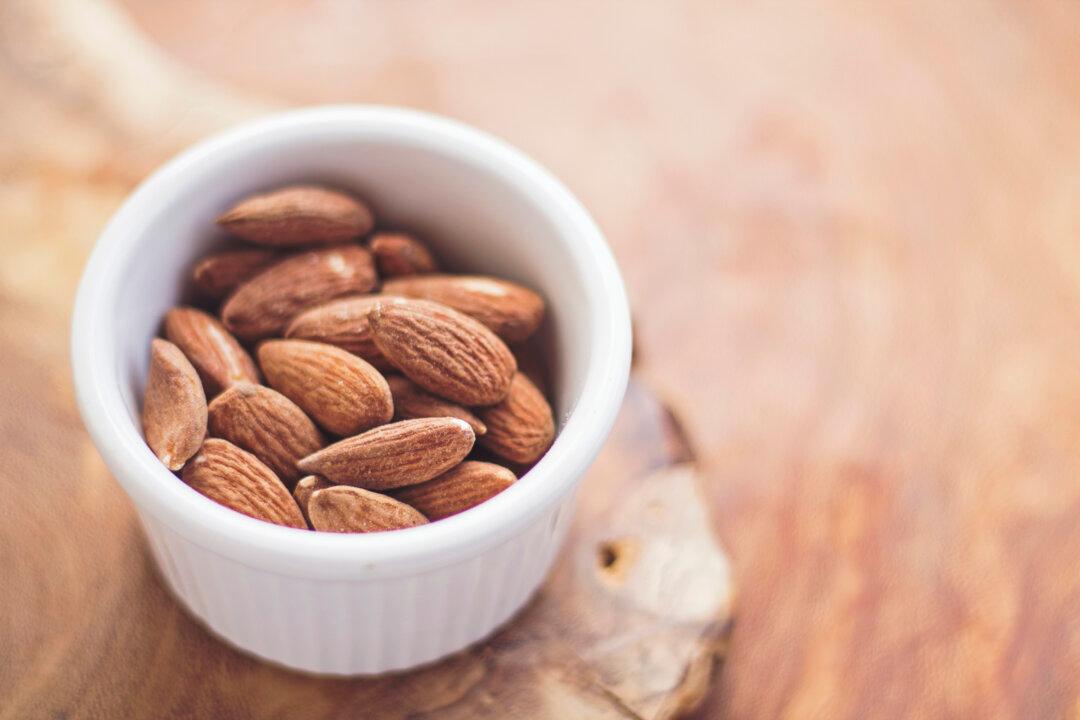Almonds are familiar to many people as a healthy food, but how exactly do they affect our health? Rich in many compounds that can be lacking in a Standard American Diet (appropriately abbreviated S.A.D.), almonds can be a tasty solution to many of the chronic health conditions and diseases seen today.
Almonds are one of those nutrient-dense foods that can be hard to stop munching on once you’re crunching on the first one or two. Whether you’re sipping on a glass of creamy homemade almond milk, taking your first bite of strawberry-topped almond meal pancakes, or enjoying stir fry sprinkled with slivered almonds, you’re not just satisfying your appetite, you’re deliciously optimizing your health.





